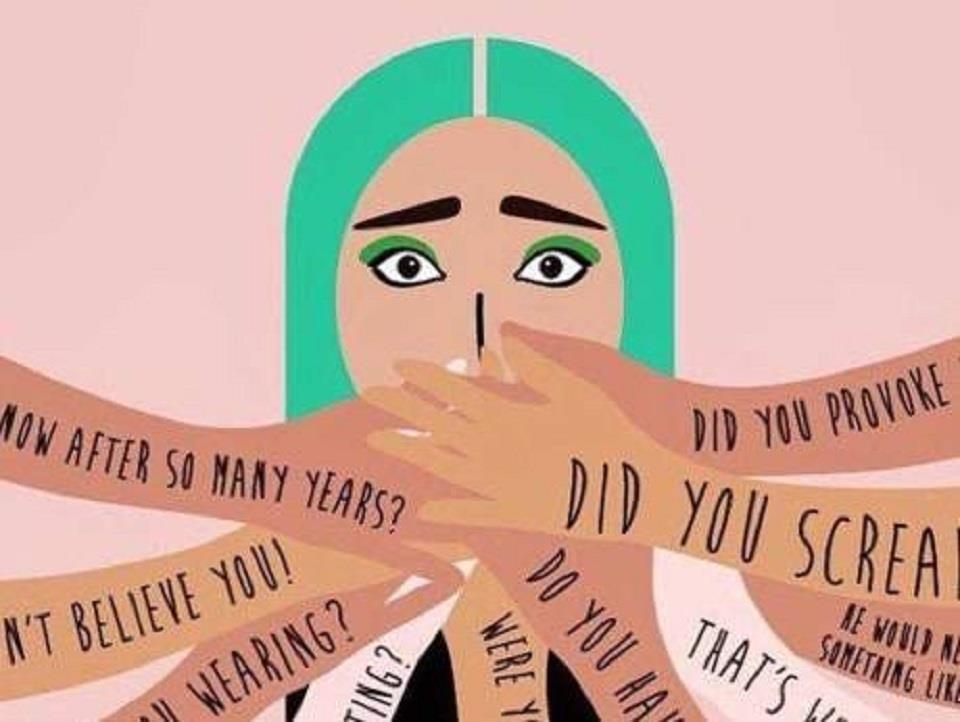
How Patriarchy Shapes Everyday Life In Kashmir
Representational photo
By Heena Nazir
I grew up in a home where decisions had a familiar pattern.
Men led, women followed, and silence was treated as peace.
ADVERTISEMENTIt was never announced as a rule, but everyone knew their place. From how tea was poured to who spoke in family gatherings, there was an order that seemed natural.
Only later did I realise that what we called respect was often restraint, and what we mistook for harmony was habit.
Patriarchy doesn't always scream in the valley. It lives in expectations handed down through generations. It hides in the way we teach daughters to be obedient and sons to be strong. Families repeat these lessons without thinking, believing they preserve culture.
The truth is, this pattern has shaped our homes for centuries and still defines many lives today.
Growing up, I saw how women carried the invisible weight of adjustment. Mothers woke first, worked last, and ate only after everyone else. Daughters learned early to soften their voices. Many women I knew lived with the belief that compromise was a virtue.
At the same time, I saw how men were confined too. My brothers were expected to stay firm, never cry, and always provide. They were praised for being responsible, but no one asked if they were tired or afraid.
This is what patriarchy does. It shapes everyone, even those who seem to benefit from it. Women lose agency, and men lose tenderness. It is a system that hardens hearts and silences emotions on both sides.
When I began working, I met women who had managed to break through the barriers. Some became teachers, administrators, or activists. Their success was inspiring, but I noticed something unsettling.
A few, once they gained authority, used it harshly. They ruled as they had been ruled. I understood then that power alone doesn't heal old wounds. If pain turns into revenge, the pattern continues under a new name. True empowerment needs balance.
Religion, in its essence, offered this balance long ago.
The Prophet Muhammad (peace be upon him) granted women rights to education, inheritance, and dignity. He reminded men that the best among them were those kind to women. The spirit of Islam rests on justice and compassion, values that seek to equalise.
But in many Kashmiri households, these principles have been replaced by customs that serve convenience more than conscience. Culture has overshadowed faith. What was once mutual respect has been turned into control.
Still, change is happening, even if slowly. Many young women are entering universities and professional fields. According to recent education data, women now make up nearly half of higher education enrolments in the valley. Many of them challenge inherited silence with reason and grace. They demand equal say in careers, marriages, and family life. Their courage has started to shift the atmosphere inside homes and workplaces.
Some men are changing too. A new generation is beginning to see that strength has many forms. They are learning that empathy can lead as powerfully as authority.
When fathers allow daughters to study freely, husbands share domestic work, and brothers respect a sister's choices, the structure begins to bend.
These small acts are steps toward a different future.

Legal Disclaimer:
MENAFN provides the
information “as is” without warranty of any kind. We do not accept
any responsibility or liability for the accuracy, content, images,
videos, licenses, completeness, legality, or reliability of the information
contained in this article. If you have any complaints or copyright
issues related to this article, kindly contact the provider above.

















Comments
No comment